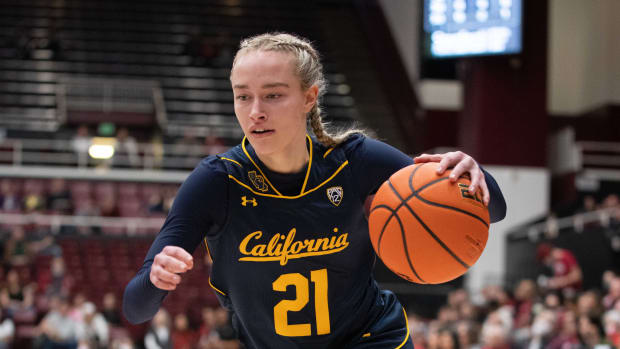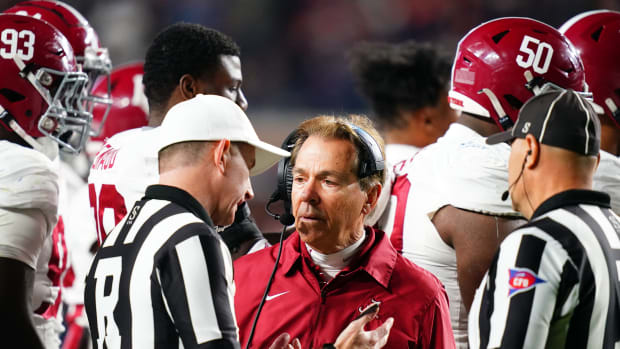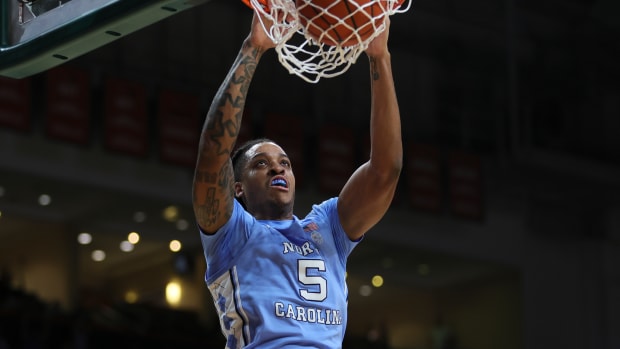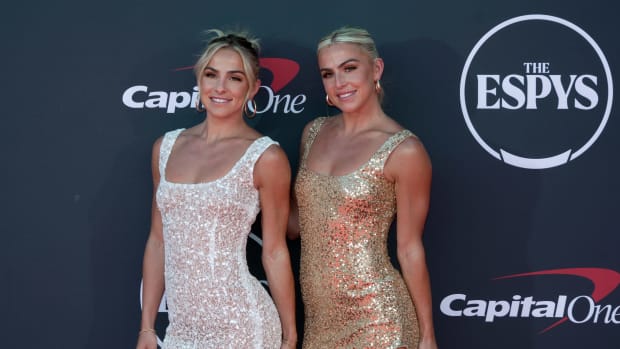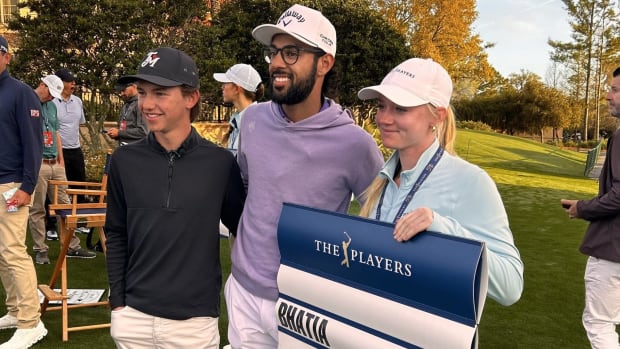
Brandr Drops EA Sports Suit, College Football Video Game in Sight
In 2013, EA Sports discontinued its famed NCAA Football video game series due to legal challenges surrounding the unauthorized usage of student-athletes’ likenesses. Now, ten years later, student-athletes can be compensated for their name, image, and likeness without forfeiting their collegiate eligibility – opening the door for the series to return.
Much to the delight of NCAA Football fans - next summer - EA Sports plans to release its first re-installment of the game since its 2013 cancelation. Anticipation for this game has been building since the implementation of NIL rights for student-athletes in July 2021. After an arduous two-year wait, what appears to be the final roadblock to the new game has now been settled.
The Brandr Group, a company specializing in name, image, and likeness group licensing, has withdrawn its lawsuit against EA Sports. The legal action, initiated in June, centered around EA Sports’ hiring of a competing NIL group licensing agency, OneTeam, to facilitate group licensing agreements at schools partnered with The Brandr Group for the upcoming video game, College Football 24.
This case posed a novel question in the NIL space. Who gets to choose the group licensing entity for team-wide deals? The licensee – in this case, EA – or the licensors’ university –– in this case, the institutions affiliated with The Brandr group. It is worth noting that the licensor (student-athlete) does not get to choose in either scenario.
Even after withdrawing its suit, The Brandr Group expressed confidence in its position and the enforceability of its partnerships. Alternatively, while “pleased that BrandR has decided to withdraw their claims without any payment,” EA Sports remains steadfast in its belief that BrandR’s claims lacked any merit.
The decision to drop the lawsuit coincided with mutual resolution and plans of future collaboration between Brandr and competing group licensing entity, OneTeam. The two companies announced:
“In the wake of this settlement, the parties have agreed to adopt a model that both complements their respective core businesses while separating and operating as completely independent companies. The Brandr Group and OneTeam Partners have chosen to take this path in the best interest of their organizations, their stakeholders and most importantly, due to a shared dedication to protecting and promoting the welfare and future prospects of all college athletes. Both organizations firmly believe in the importance of maximizing the value and opportunities available to athletes in the collegiate marketplace.”
While we may never receive an answer regarding the merits of Brandr’s claims, college football fans can feel much more confident about the re-release of their beloved game.
